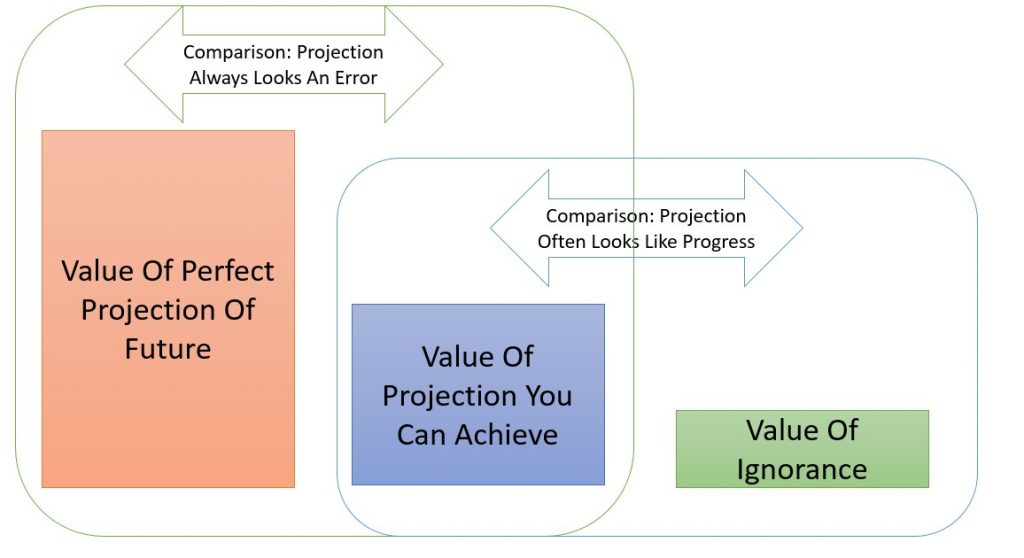A lot of the early work on customer lifetime value (CLV) comes from the world of direct marketing. This makes sense given an obvious use of CLV is to manage a customer base. Using CLV you can help decide who to try and acquire, what your retention efforts should be, and who might be good candidates for development (up-selling, cross-selling etc…). Given the power of the idea, why doesn’t everyone use it? What are the barriers to implementing CLV?
A View From 1992 Of The Barriers To Implementing CLV
Donald R. Jackson, writing in 1992, thirty years ago now, gave his views. These make a lot of sense even today. Whatever the differences between 1992 and now — I am tempted to say something funny about fashion but I know nothing about style — not as much as one might expect seems to have changed in CLV world.
The major barriers to accepting and implementing the customer lifetime value concept are communications, ignorance, denial, inertia and financial myopia.
Jackson, 1992, page 44
Jackson explains how to combat each of these problems. A lot of the advice is still useful. A key point is that you need to sell the strategic value of the idea. You need allies so you must educate, communicate, persuade, and ultimately explain to other people why this will work for them.
Is Adopting A CLV Based Approach A Good Or Bad Idea? You Need More Than Point To Challenges In CLV
Jackson was responding to criticism of the idea of CLV. I must confess to a lot of sympathy with his response. I see the criticism he was arguing against is a common one (well beyond CLV). It might be referred to as ‘comparison to the perfect’. Your idea is imperfect so people argue it is bad. Yet, all ideas are bad in some sense. The better question to ask is whether the idea is better than what we currently use.
A comparison to a perfect outcome happens a lot in the world. Take the use of AI. Many seem to think that this is plain magical — we can largely ignore them as that clearly doesn’t make sense. Other people seem to think AI is uniquely evil. This needs to be take more seriously as there are plenty of examples of ‘bad AI’. The challenge is that we need to compare to the right alternative. What will happen if we don’t embrace AI? Often people point to problems and pretend this is evidence that implementing AI is a bad idea. But to argue against AI you need to show that the implementation will make things worse. Showing a problem with an idea does not imply the idea is worse than the current situation without showing how bad things are currently. (For more on this problem with AI see here.)
Showing A Problem Does Not Imply That You Should Not Do It
To show something is a bad idea you need to compare it to possible alternatives, not some impossible perfection. When we talk brand value are the valuations perfect? No, of course not. A better question is ‘will our view be more accurate with an imperfect view of brand value than having absolutely no clue?’

A barrier to implementing CLV might be a concern that CLV is a projection. It is and so it will be wrong, a lot. Still, what is the alternative when making forward-looking decisions? Making no assumptions at all? How do you make a proper decision about the future without an assumption about what the future will be with and without the choice? I don’t think you can. Perhaps instead of using projections you assume that the future will mimic the present and so lavish goodies on your currently best customers. This may work but often doesn’t, especially as things change. Should you adopt CLV for your customer-based decisions? I would often suspect the answer is yes but I would certainly argue that the value of projections, imperfect information about the future, can’t be judged without understanding the problems of complete ignorance.
For more on brand value see here.
For more on CLV see here.
Read: Donald R. Jackson (1992) In Quest Of The Grail: Breaking The Barriers To Customer Valuation, Direct Marketing, March, pages 44-47
